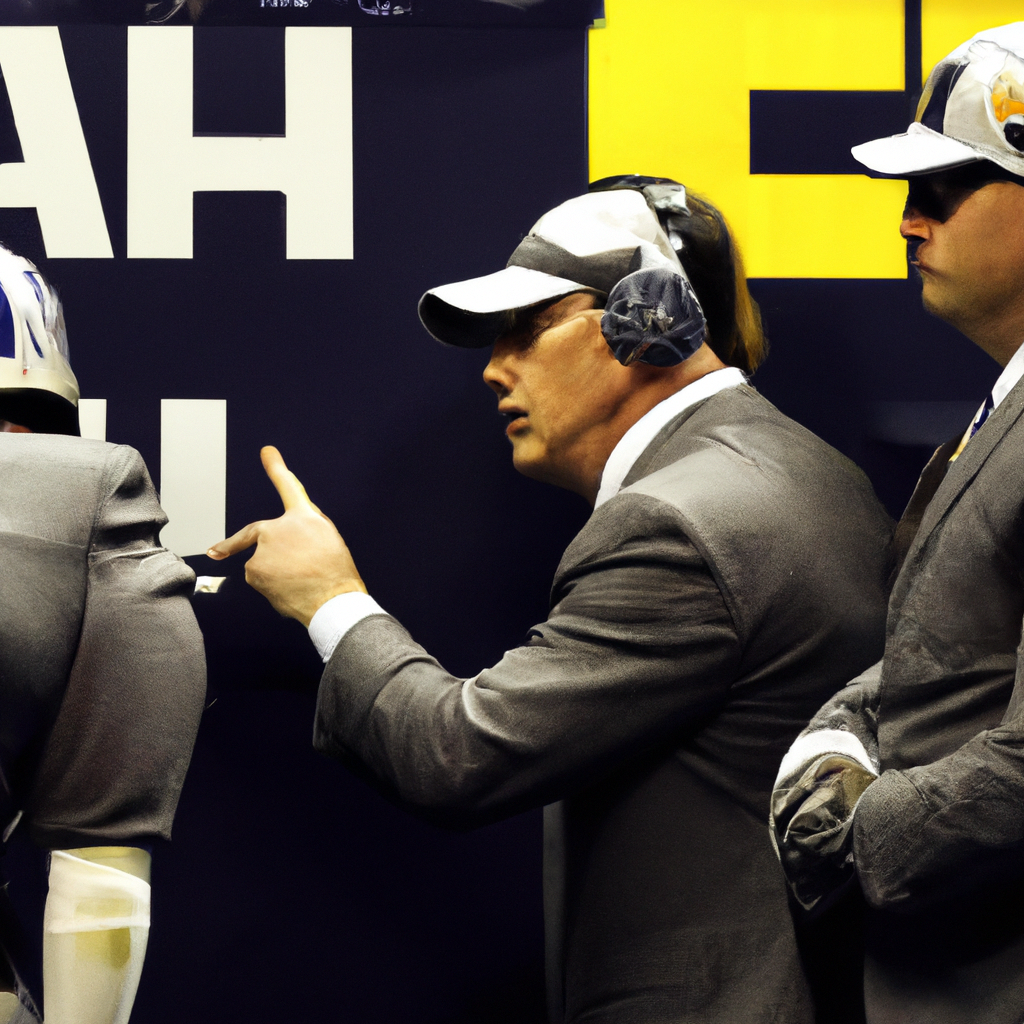In recent years, college coaches have been receiving increasingly large buyouts when they leave their positions. These buyouts have been a source of controversy, as some argue that the money could be better spent on other areas of college athletics. However, the landscape of college athletics could soon be changing if athletes are allowed to receive revenue from their athletic performance.
Currently, NCAA rules prohibit college athletes from receiving any compensation for their athletic performance. This means that coaches are the only ones who benefit financially from college athletics. As a result, coaches have been able to negotiate large buyouts when they leave their positions. These buyouts can range from millions of dollars to tens of millions of dollars.
If athletes were allowed to receive revenue from their athletic performance, it could change the landscape of college athletics. For one, it would reduce the amount of money that coaches are able to negotiate in buyouts. This could free up money for other areas of college athletics, such as scholarships and facility improvements. Additionally, it could help to level the playing field between schools with large budgets and those with smaller budgets.
Furthermore, allowing athletes to receive revenue could help to incentivize them to stay in school longer. Currently, many athletes leave school early in order to pursue professional careers. If athletes were able to receive revenue from their athletic performance, it could provide them with a financial incentive to stay in school and complete their degrees.
Ultimately, allowing athletes to receive revenue from their athletic performance could have a significant impact on college athletics. It could reduce the amount of money that coaches are able to negotiate in buyouts, free up money for other areas of college athletics, and incentivize athletes to stay in school longer. It is an issue that will likely be debated in the coming years, and one that could have a major impact on the future of college athletics.
